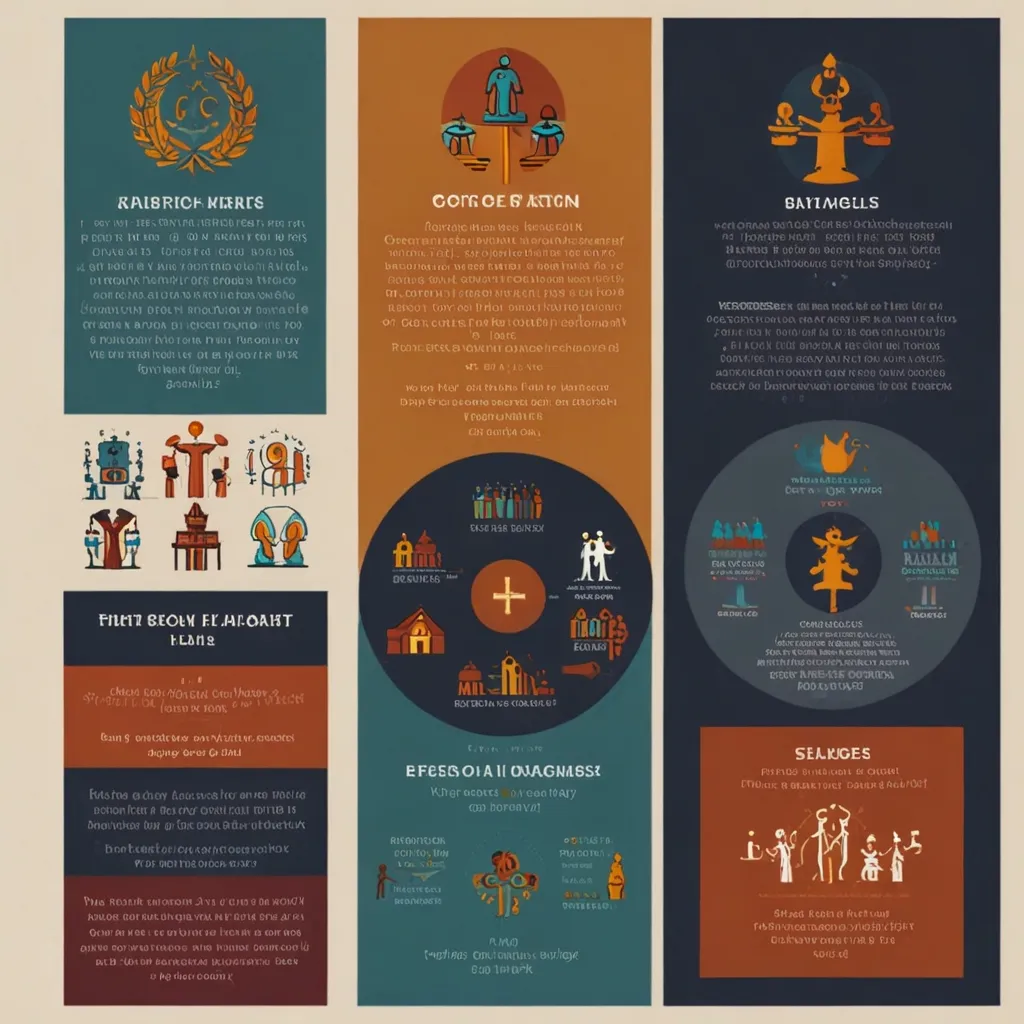Religions are incredibly diverse, and treating any one of them as a monolithic entity is a mistake. I’ve focused quite a bit on Islam because it’s my area of expertise. One fascinating group within Islam is the Quranists. There’s often confusion about who they are and what they believe, so let’s dive in.
Quranism is a contemporary movement within Islam that heavily emphasizes the Quran. Quranists often reject the Hadith literature, which is a collection of sayings and actions of the Prophet Muhammad that play a significant role in traditional Islamic practice. In Islam, the Hadith are important because they supplement the Quran by providing context and additional guidance. Some argue that much of Islamic law and practice is derived from these texts.
Quranists, however, want to reverse this approach. They believe in using the Quran as the sole source of religious law and reject the Hadith for various reasons. Historically, the Quran was recited by the Prophet Muhammad over 22 years, and compiled later. Initially, Islamic legal scholars relied mainly on the Quran and personal reasoning. Hadith became prominent only later when traditionalists started advocating for a stricter adherence to Islamic law.
This debate between using personal reasoning and relying on fixed textual sources was intense and involved even the caliphs. Over time, traditionalists gained the upper hand, largely thanks to influential scholars like Imam Shafi, who established a standard method of deriving Islamic law from the Quran, the Prophet’s Sunnah (contained in Hadith), consensus, and analogy. This method played a crucial role in shaping the Islamic legal system.
Quranism roots can be traced back to 19th-century Islamic modernism, spearheaded by figures like Muhammad Abduh and later on, Muhammad Iqbal. This movement aimed to reinterpret Islam to better suit the modern world, advocating a return to early Islamic rationalism. Even though they were skeptical of Hadith, they weren’t strictly Quranists.
Quranists argue that the Hadith aren’t reliable as they were documented centuries after the Prophet’s death and often served ideological purposes. They see the Quran as sufficient and regard human reasoning as a necessary adjunct. They find aspects of Hadith problematic, like the death penalty and other issues that clash with modern values. It’s worth noting that early Islamic scholars also had skeptics who questioned the authenticity and use of Hadith.
Today, Quranists face persecution from more traditionally oriented Muslims. However, their perspective is gaining more traction, partly due to online communities where like-minded individuals exchange ideas. Despite challenges, Quranism represents an evolving piece of Islam’s broader mosaic, highlighting the religion’s inherent diversity and multifaceted nature. This movement is a blend of both age-old skepticism and modern reformist thinking.
See you next time!






